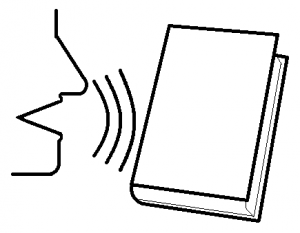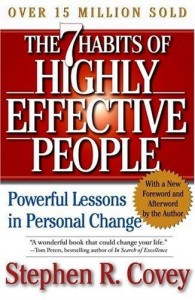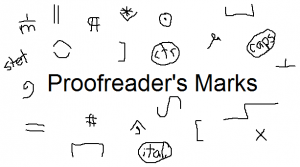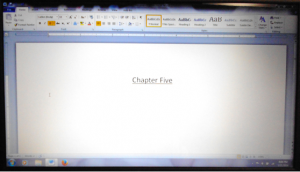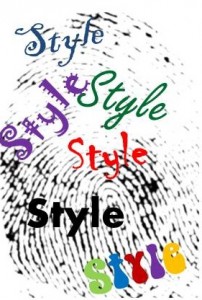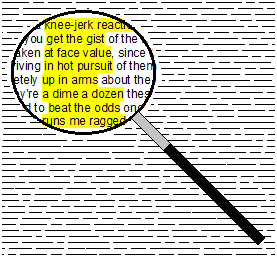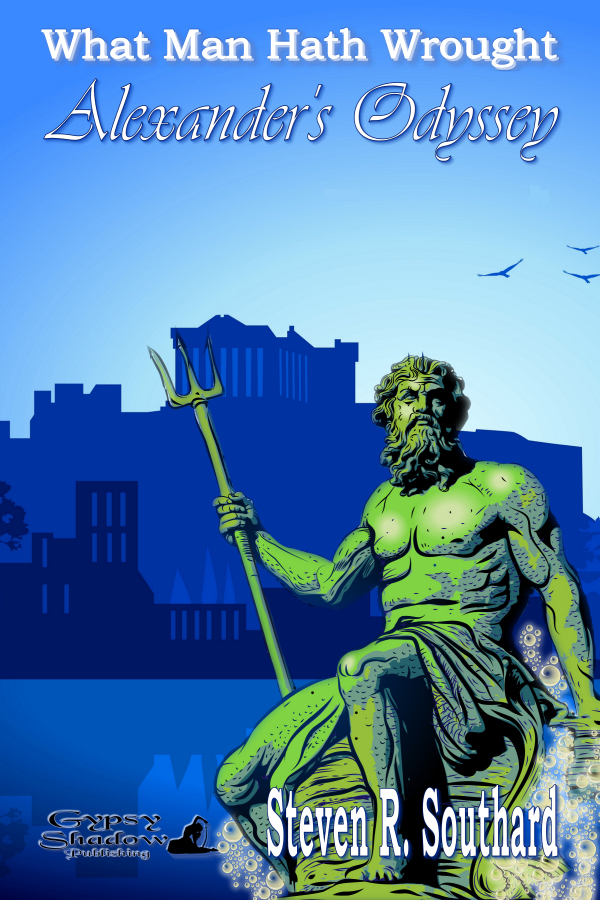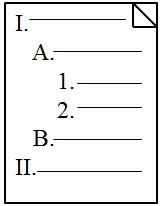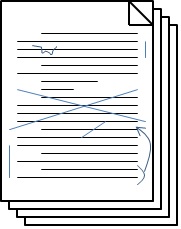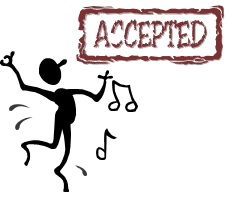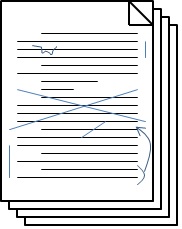Do you write your fiction stories longhand before typing them? I do, and I’m not alone. There are several great blog posts touting the benefits of the pen, by Lee Rourke, Patrick E. McLean, Melanie Pinola, Chris Gayomali, and Julianne MacLean.
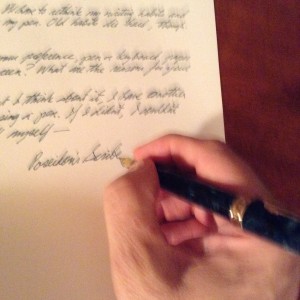 Why do we pen-wielders do it? Why do we eschew the fantastic technology of the modern era, designed specifically to make writing easier, and choose instead the old-fashioned, obsolete, and outmoded pen and paper?
Why do we pen-wielders do it? Why do we eschew the fantastic technology of the modern era, designed specifically to make writing easier, and choose instead the old-fashioned, obsolete, and outmoded pen and paper?
Are we Luddites? Are we afraid of, and angry about, those newfangled machines with their pushbuttons, glowing screens, and word processors?
Maybe some are, but not me. I love my laptop and am quite at home with its wizardry. I type at a competent speed, and am adept with word processors. No fear there.
While working on this post, I thought hard about my reasons for preferring the age-old writing stick over more recent digital marvels. There are many reasons why people still pick up pens in a computerized world, but these are not my reasons:
- There are fewer distractions; I’m less likely to pause to look up things, research, respond to e-mail, etc.
- It’s easier to ignore my inner editor and so I write better first drafts.
- I get a better sense of accomplishment when I see the cross-outs, arrows, insertions, etc. rather than pristine text.
- I can reconsider deleted text since it’s still visible.
- My speed of writing longhand matches my thought process better than my typing speed.
- Longhand evokes the spirit of writing as a craftsman’s task, writing books the way all the great classics were written.
- I prefer the tactile sensation of my favorite pen scratching out words on paper to the frenetic pushing of dozens of identical buttons.
- I write my first drafts faster in longhand.
- Pen and paper are far more reliable than computer or tablet.
- Studies have found that, in people who are equally skilled in longhand and typing (children), that longhand produces better writing faster.
- Other famous writers like Truman Capote, Tess Gerritsen, James Patterson, and Susan Sontag write (or wrote) longhand.
True, some of the above reasons resonate with me. But if I cited them, I’d really be rationalizing a decision made because of a different factor. Here’s the real reason I use a pen:
- It’s the only way to make my commuting time effective. I commute to my day job by subway train, and I cannot bring a tablet computer to work, so writing longhand is the only way to do it.
I still have to transcribe my inky scribbles to a computer. But that becomes the first revision process for me. Writing looks different when it’s clean and pristine on the screen rather than the unplanned dreamland of longhand. The act of transcribing therefore becomes the creation of a second draft. Often I’ll print that out double-spaced and do further editing of follow-on drafts on the train, with a pen.
When I’ll retire from the day job, I’ll have to rethink my writing habits and might retire my pen. Old habits die hard, though. We’ll see.
What’s your preference, pen or keyboard, paper or display screen? What are the reasons for your choice?
Now that I think about, I have another reason for using a pen. If I didn’t, I couldn’t very well call myself—
Poseidon’s Scribe

